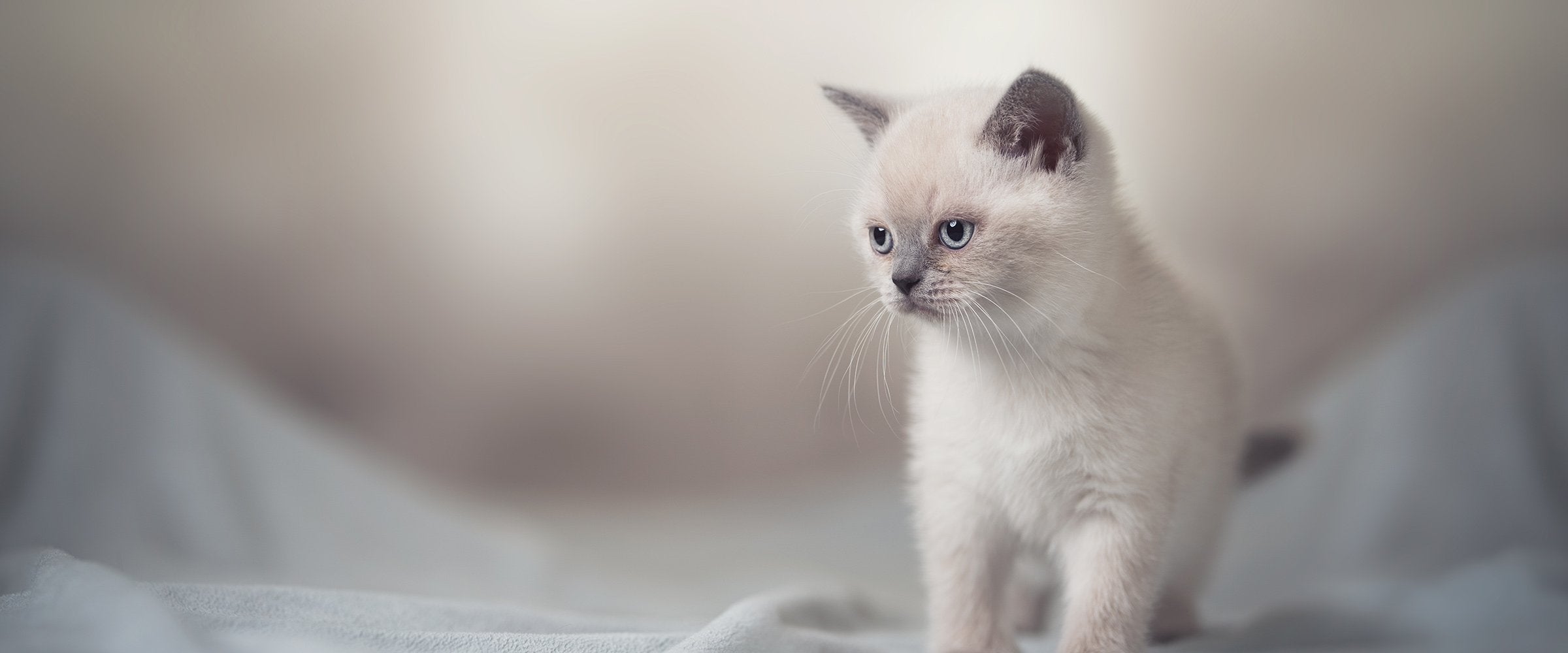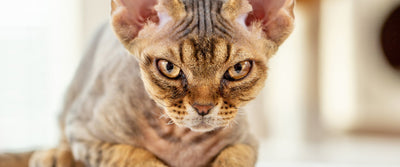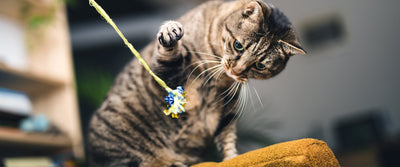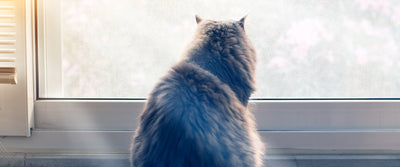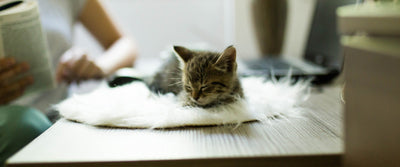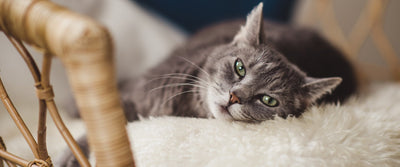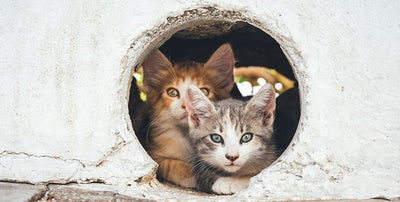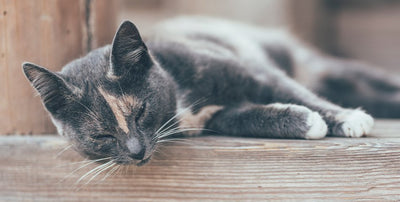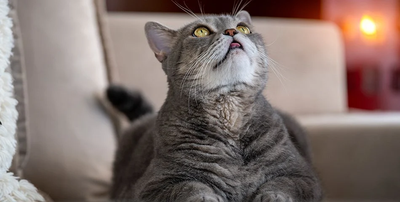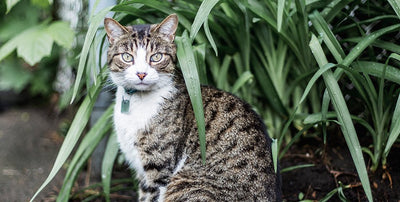Everything you need to know as a novice cat owner. Learn the basics of your kitten's nutrition, health and training.
First time at a new house
Once you plan when will you bring your kitten home, make sure you have everything ready. The very first moments in a new environment are usually stressful for a kitten, so make sure your feline can have a moment to explore on his own terms. For starters you can place him in one specific room - smaller spaces are much less intimidating, and he can get comfortable quicker. Forewarn your family, especially kids - kittens are very gentle and skittish creatures.
Find out more about:
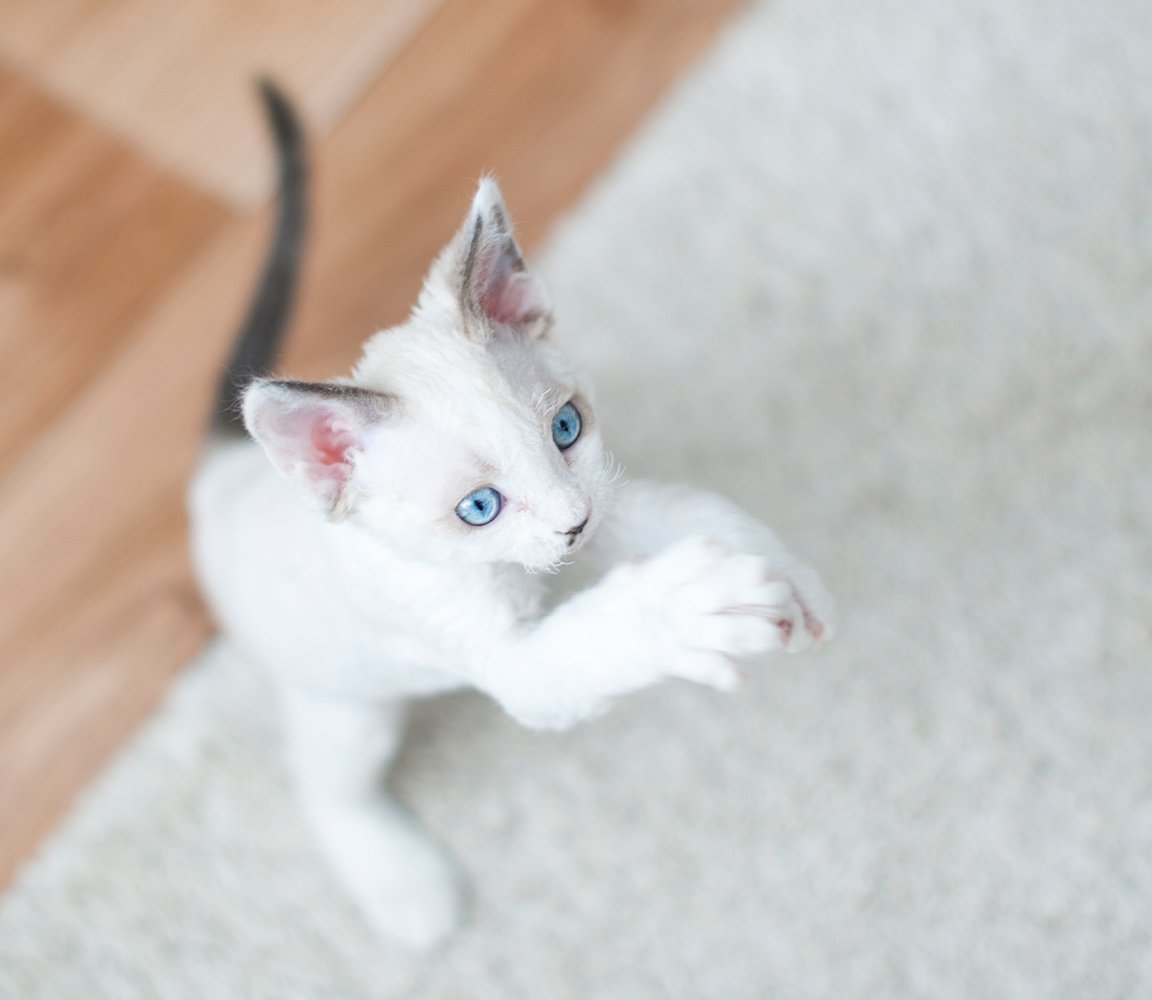
Kitten nutrition
Kittens go through a rapid growth phase between the 2nd and 6th month of their life. The first year for many cat breeds is a time of big physical changes. A well balanced diet is a foundation for proper growth of kittens after weaning. Energy requirements of kittens is much higher than in adult cats, but the daily food ration should be split into more frequent but smaller meals. If you feed your kitten wet food do not leave the bowl with food for longer than 30 minutes. Wet kitten food tends to spoil rather quickly at room temperature, so if your feline won’t eat, place the bowl in the fridge and set it again after a few minutes. Your kitten will get hungry eventually and will gladly eat his meal.
Find out more about:
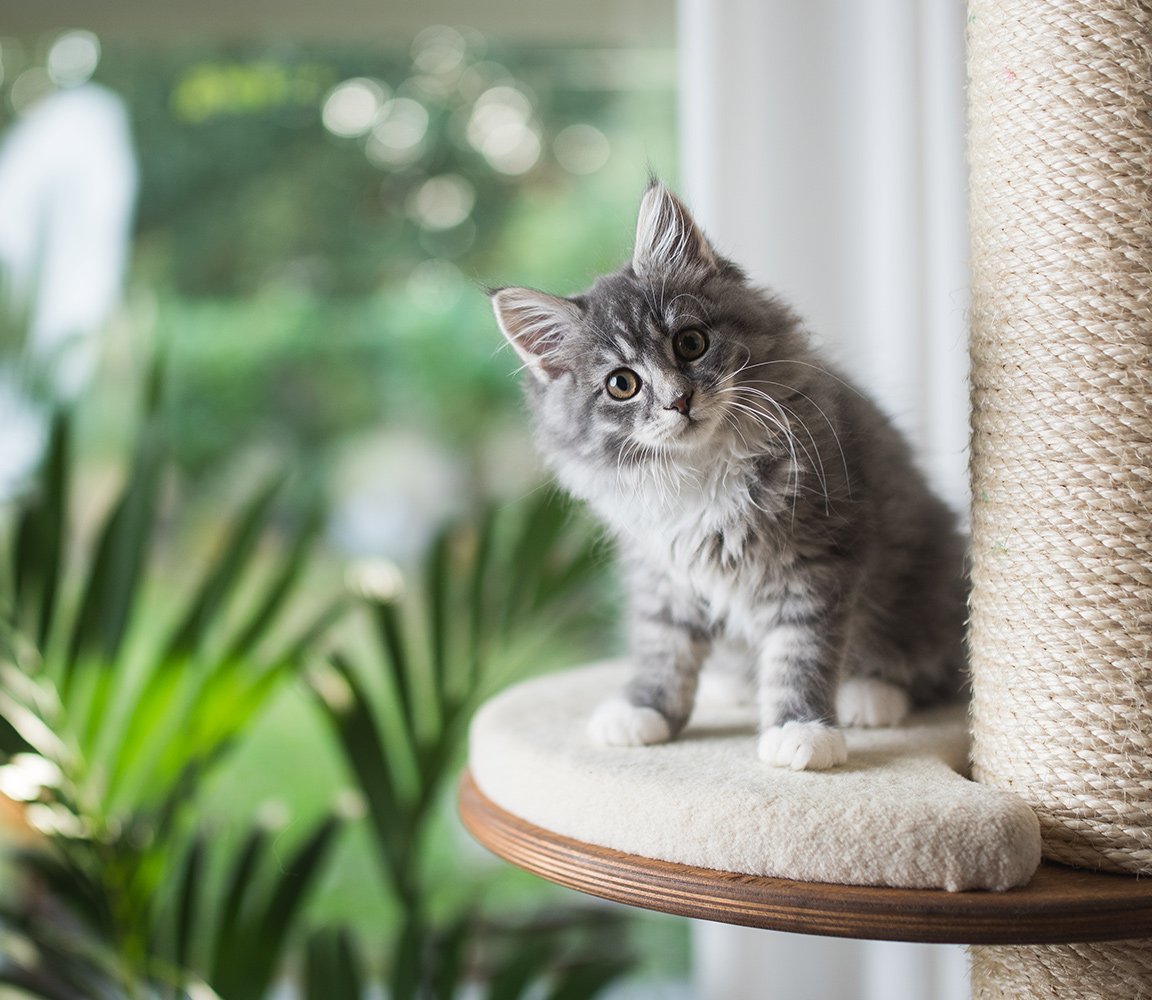
Kitten development
During the first year of their life kittens go through the phase of rapid physical and mental growth. Suitable training is a change for tightening the bond with your pet as well as an investment into an emotionally stable adult cat. From the earliest days it is necessary to teach your kitten the proper behaviour at home and towards other animals or family members.
Find out more about:

Health and daily care
Kittens go through a rapid growth phase between the 2nd and 6th month of their life. The first year for many cat breeds is a time of big physical changes. A well balanced diet is a foundation for proper growth of kittens after weaning. Energy requirements of kittens is much higher than in adult cats, but the daily food ration should be split into more frequent but smaller meals. If you feed your kitten wet food do not leave the bowl with food for longer than 30 minutes. Wet kitten food tends to spoil rather quickly at room temperature, so if your feline won’t eat, place the bowl in the fridge and set it again after a few minutes. Your kitten will get hungry eventually and will gladly eat his meal.
Find out more about:



